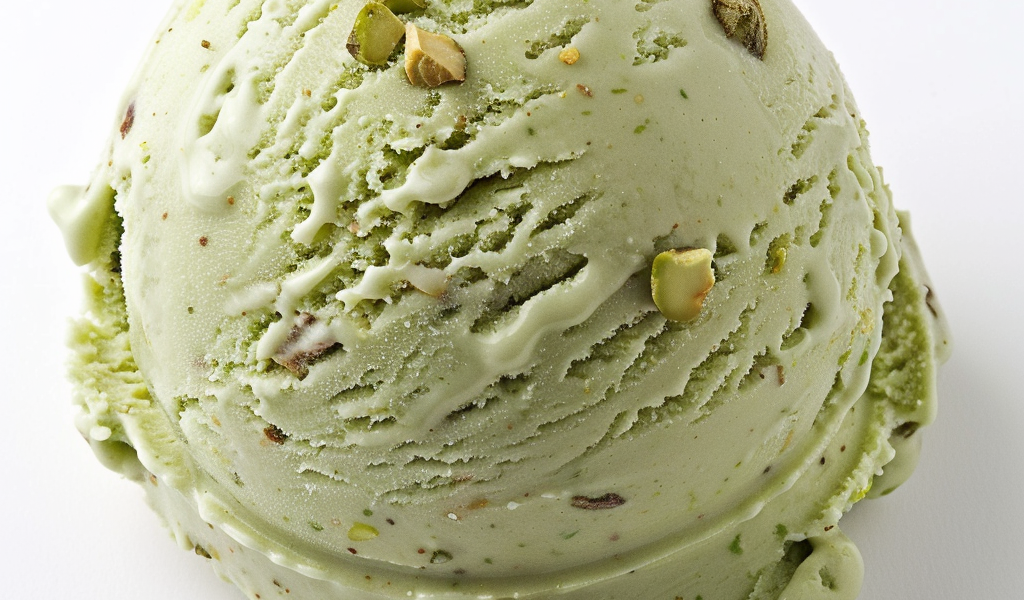Cold Stone Creamery, a popular ice cream chain, is currently embroiled in a legal dispute following a revelation made by a New York woman regarding the absence of real pistachios in her ‘pistachio’ ice cream. The case has sparked a debate about the authenticity of ingredients in frozen treats and has led to a class action lawsuit being filed against the company.
The lawsuit, spearheaded by lead plaintiff Jenna Marie Duncan, alleges that Cold Stone Creamery is misleading consumers by selling flavors that do not contain the ingredients they claim to have. Duncan, who purchased a serving of pistachio ice cream from a Cold Stone Creamery store in Levittown, New York, was surprised to discover that the ice cream did not contain any pistachios as she had assumed. Instead, the product was found to contain ‘pistachio flavoring,’ which is a synthetic mixture of various ingredients.
According to the lawsuit, Duncan and other consumers expect ice cream flavors like pistachio, butter pecan, mango, coconut, orange, mint, and orange sorbet to contain real, natural ingredients rather than artificial substitutes. The lawsuit also highlights that competitors like Haagen-Dazs use real pistachios in their pistachio ice cream, setting a different standard in the industry.
The legal battle took a quirky turn when U.S. District Court Judge Gary R. Brown, known for his playful writing style, allowed the case to proceed. In his ruling, Judge Brown pondered whether consumers ordering pistachio ice cream should reasonably expect to find actual pistachios in the product. He emphasized the importance of meeting consumers’ expectations and avoiding deceptive practices in business transactions.
This case raises broader questions about consumer rights and the transparency of product labeling in the food industry. As the lawsuit against Cold Stone Creamery moves forward, it brings to light the significance of accurately representing ingredients in food products and meeting the expectations of customers.





